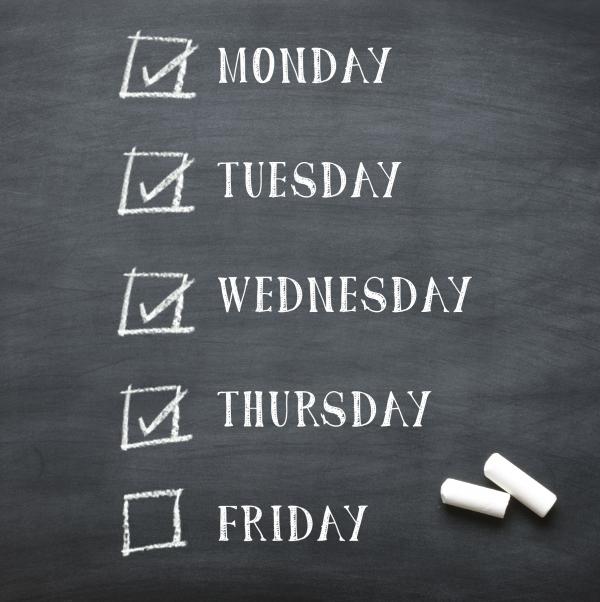32-Hour Work Weeks Are Beckoning

Spain has joined countries like New Zealand and Sweden to test-run a four-day, or 32-hour, work week. The European nation introduced a government-approved four-day work trial in an effort to promote a better work-life balance, as research shows that working more hours does not equal more productivity.
In fact, a number of companies which tested shorter work weeks found that employees were actually more productive. Microsoft piloted a four-day workweek experiment in Japan by closing offices on Fridays. The result? Employees sold nearly 40 percent more and the company significantly reduced overhead spending costs.
Similarly, down under in New Zealand, wealth management company New Zealand Perpetual Guardian realized a 24 percent improvement in productivity when it allowed employees to work 32 hours per week vs. 40 hours. It’s important to note that in all of these trials, employee pay was not cut.
So, in addition to learning in 2020 that employees can effectively work from home, the research is piling up that working more hours does not mean working better. To the extent employees are trusted and given a runway, they will work hard and even reward you by going above and beyond the call of duty. Interesting how impactful engaged employees are.
Jill, What Can I Do? Consider trialing a four-day, or 32-hour, work week. I’m confident that as long as your culture is not dysfunctional, your employees will be overjoyed and boast about what a great place your organization is to work. And, performance and productivity will rise. You have everything to gain and nothing to lose.

